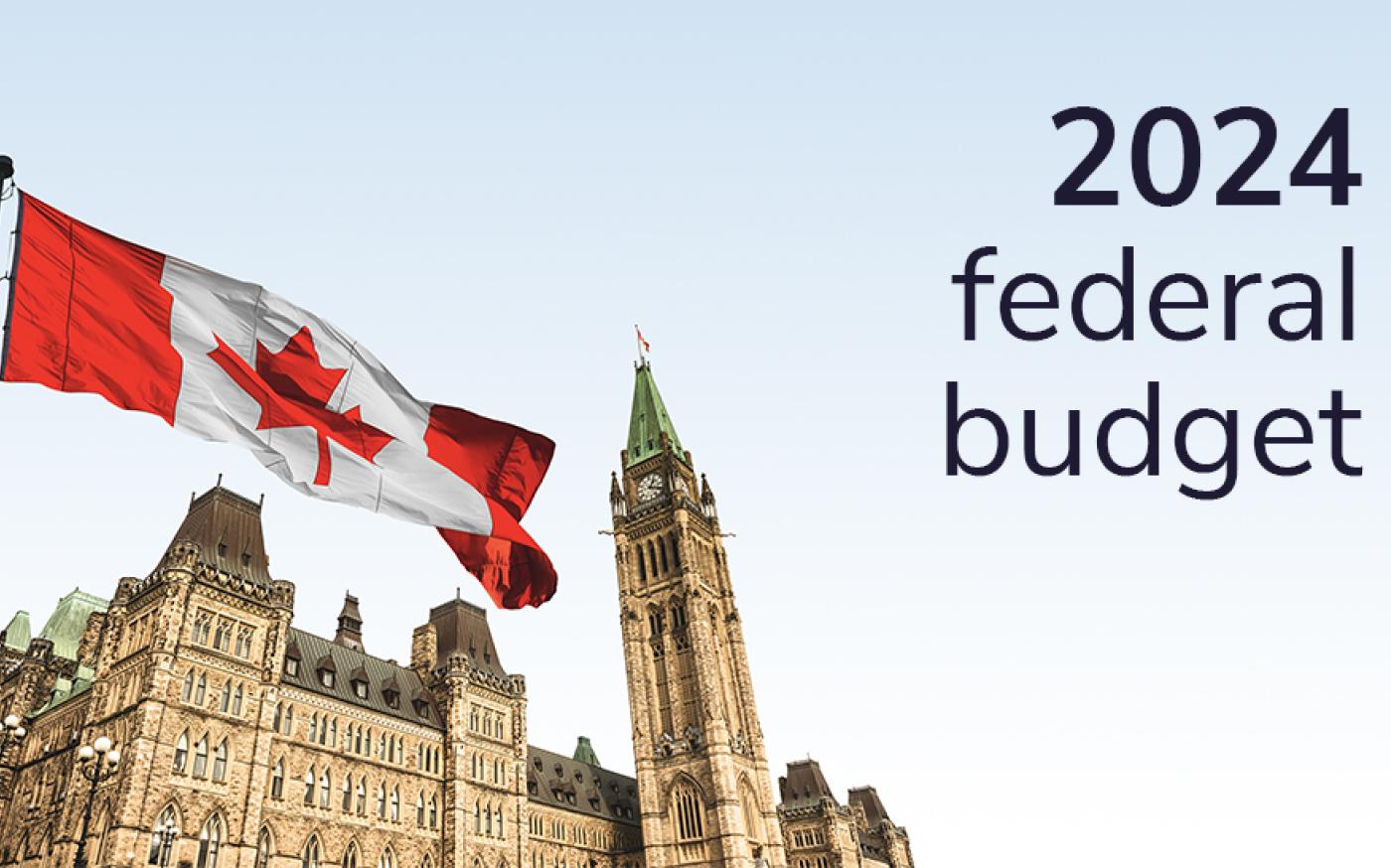Some Canadians are fortunate enough to get great workplace benefits. These often include health and dental coverage, a company pension and company share ownership options. Another common benefit is company life insurance (known in the industry as group life insurance).
Creating a will means making big decisions that will impact your family for years after you’ve gone. While divvying up assets, assigning care for dependants and tax planning will take up most of your will-creating conversation, you’ll also have to consider who should be the executor of your will (or the liquidator in Quebec).
When it comes to insurance, there are some types that we automatically take out. Car insurance, home insurance and life insurance are often considered non-negotiable essentials.
It’s not easy to talk about estate planning; after all, who wants to think about what might happen when they’re no longer here? It’s also a complicated topic, covering investments, tax and real estate, not to mention hard-to-navigate family issues. There’s far more to it than just making a will — find out exactly what’s involved in estate planning. As a result, many people make mistakes or forget important steps when developing their estate plan, which can lead to trouble for their loved ones.
Canadians are pretty good at some aspects of estate planning. Almost half of Canadians have drawn up a will, and that number shoots up to 78% of Canadians aged 55-plus.
The 2024 federal budget tabled by Finance Minister Chrystia Freeland on April 16 contained several proposals that will impact the financial, tax and estate plans of Canadians. The following is a summary of the most relevant budget proposals that may impact Canadians.
Many of us understand the value of the Registered Retirement Savings Plan (RRSP): almost six million Canadians make RRSP contributions every year.1 Most of us also know about the tax benefits of RRSP contributions and that it’s an extremely versatile and effective retirement planning tool.
As we wave goodbye to 2023, we can also expect to bid adieu to some of the key events of the year that made it especially challenging for the markets. The central bank interest rate rises, which brought about a mini banking collapse early in the year, appear to have come to an end, while inflation is moving toward target levels.
Most people think of life insurance as a necessary expense. It’s something that you almost begrudgingly pay for, in the hope that you’ll never need it, but with the expectation that it will protect your family’s finances, should the worst happen.
If you die without leaving a will, it could become a major headache for your family members and loved ones. With no will, the government will decide on who gets your money and assets, and every province and territory have their own distinct intestate rules regarding who will benefit from your estate.
Determining the value of your business is a crucial step when considering selling. The valuation process can be complex, involving both quantitative assessments and qualitative judgments. This article guides medium-sized business owners on how to value their businesses.
IG Wealth Management is a proud sponsor of the Alzheimer’s walk, and as part of that, we want to support Canadians who are dealing with dementia, or may have a family member dealing with dementia.













